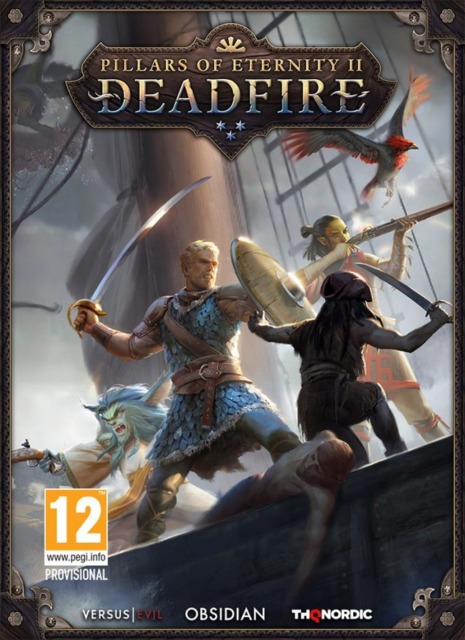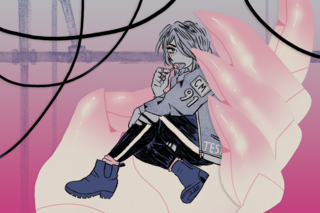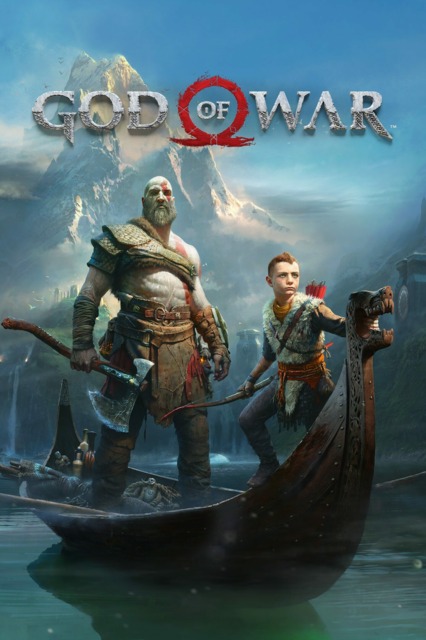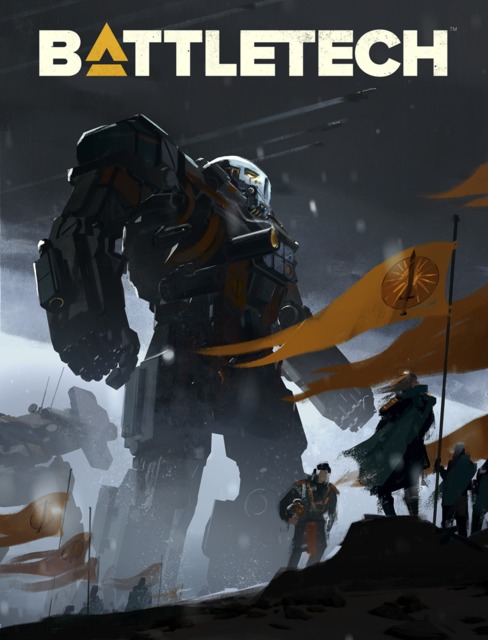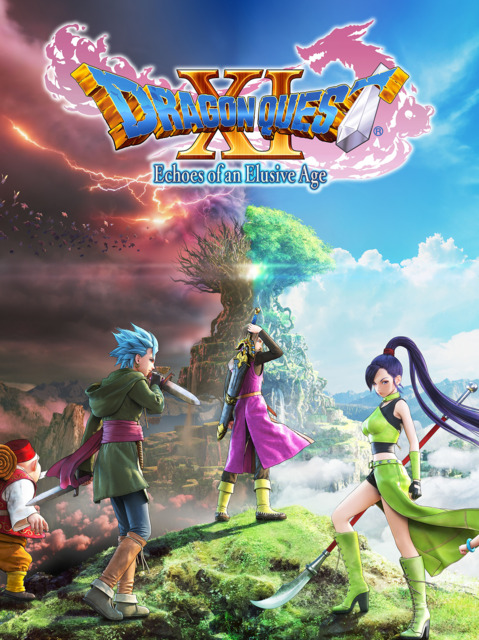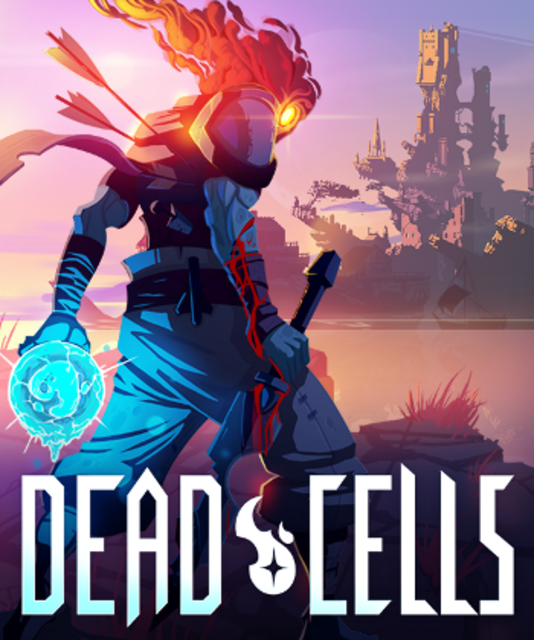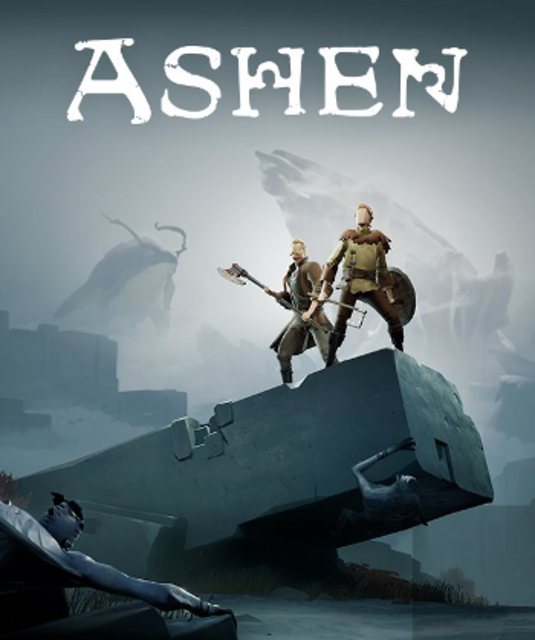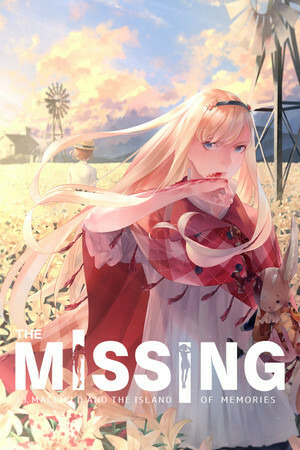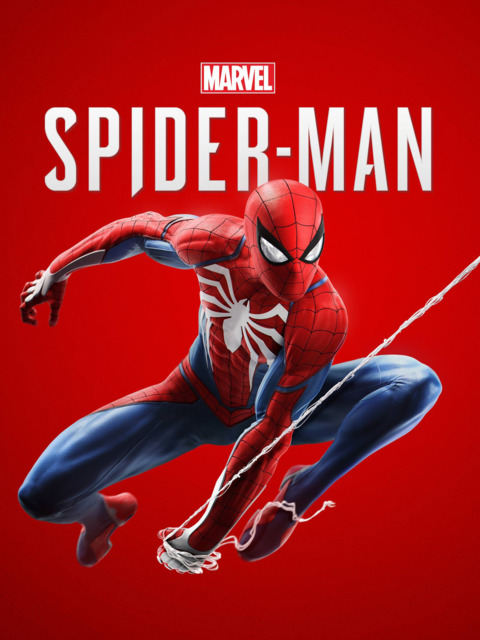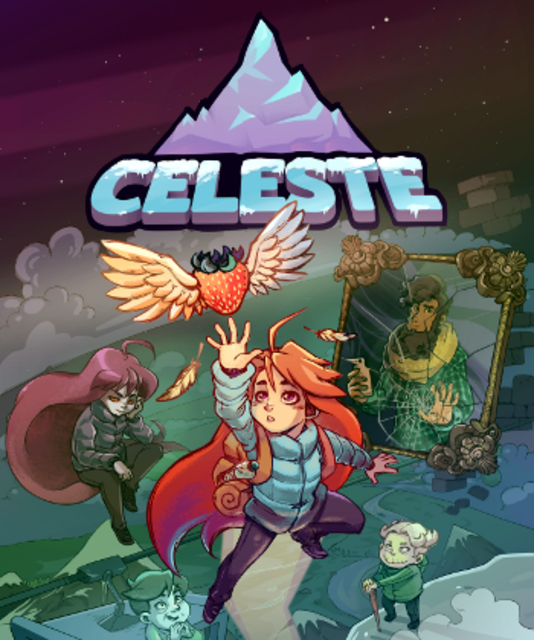Top 10 Games 2018
Video games: they aren't just Pac-Man anymore!
I'm not gonna try some kind of lengthy 'year in review' style preamble here, because God, the less time spent thinking about this one the better. The games, at least, were good. Actually for me they were pretty great; I feel like the general opinion that this was a 'good but not great' kinda year, but I honestly can't think of the last time my specific tastes were so catered to.
Honourable mention goes to Into the Breach, which is in all respects a fantastic game, but just didn't get its hooks into me the way it did with some people. I think that's probably down to the fact that I'll always prefer a traditional structured single player campaign to a run based game, and that's probably why BattleTech ends up on this list and Into the Breach doesn't.
Anyway, on with the show, I guess!

